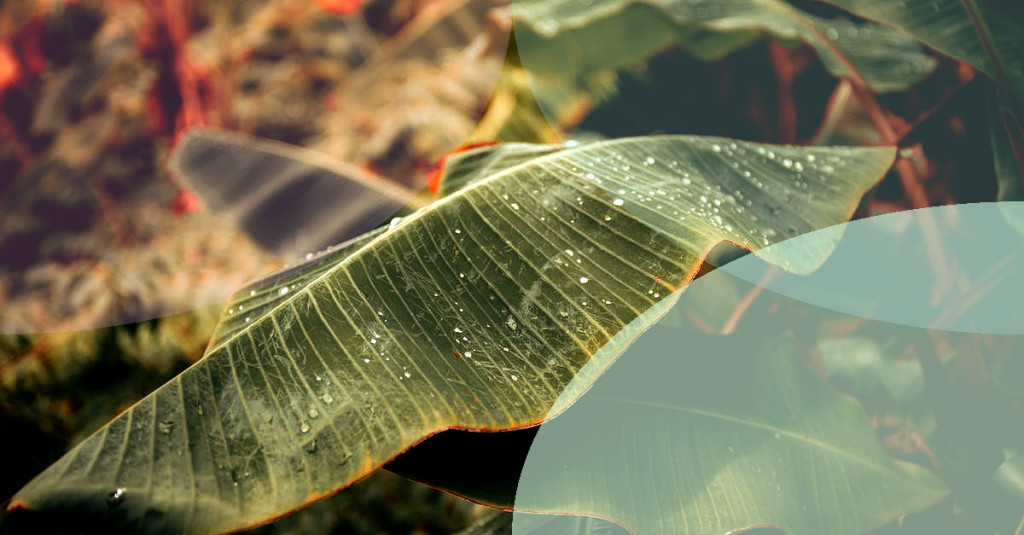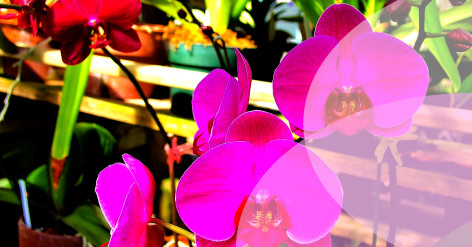Quick Fixes for Common Garden Problems: Easy Solutions to Keep Your Plants Thriving

Pest Control
Gardening can be a relaxing and rewarding activity, but it can also be frustrating when issues arise with your plants. If you're a seasoned gardener, you're probably already aware of the problems that can arise in your garden. But if you're new to gardening, you might not know what to do when a problem arises. In this article, we'll look at some common garden problems and provide you with easy solutions to get your garden back on track.
Soil Issues
One of the most frustrating problems that gardeners face is pests. From aphids and slugs to beetles and worms, pests can quickly destroy your hard work. But there are several things you can do to control them.
Introduce natural predators: Certain insects, like ladybugs and praying mantises, can be beneficial to your garden because they eat other insects. You can purchase these insects online or at a gardening store and release them into your garden.
Use natural pesticides: If you prefer not to introduce insects, you can use natural pesticides like neem oil or garlic spray. These are effective at keeping pests away without harming your plants.
Remove affected plants: If a particular plant is attracting pests, remove it entirely. This will prevent the pests from spreading to other plants in your garden.
Watering Problems

Related articles
Plants need healthy soil to thrive, but sometimes the soil can become too acidic or alkaline, making it difficult for plants to grow. Here's how you can fix this problem:
Test the soil: Purchase a soil testing kit and test your soil to determine if it's too acidic or alkaline. If it's too acidic, add lime to the soil. If it's too alkaline, add sulfur.
Add compost: Adding compost to your soil can also help to regulate the pH balance. It also adds nutrients that your plants need to grow.
Conclusion
Overwatering or underwatering can cause serious problems for your garden. Here's what you can do to keep your plants healthy:
Know your plants: Different plants have different watering needs. Be sure to research how much water each of your plants needs and adjust your watering accordingly.
Check the soil: Before watering, check the soil to see if it's dry or moist. Stick your finger into the soil about 2 inches deep. If it's dry, it's time to water. If it's moist, hold off on watering for a little while longer.
Gardening can be a fulfilling hobby, but it does require a little bit of work. However, with these quick fixes, you can keep your garden healthy and thriving. Remember to introduce natural predators, use natural pesticides, test your soil, add compost, know your plants' watering needs, and check the soil before watering. Keep these tips in mind, and you'll be well on your way to a beautiful garden!





